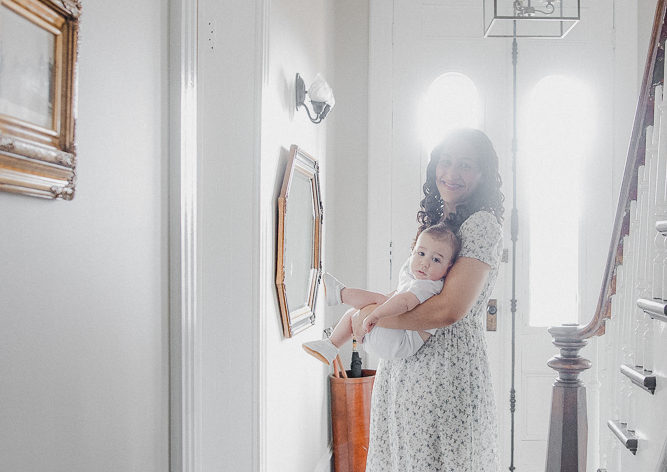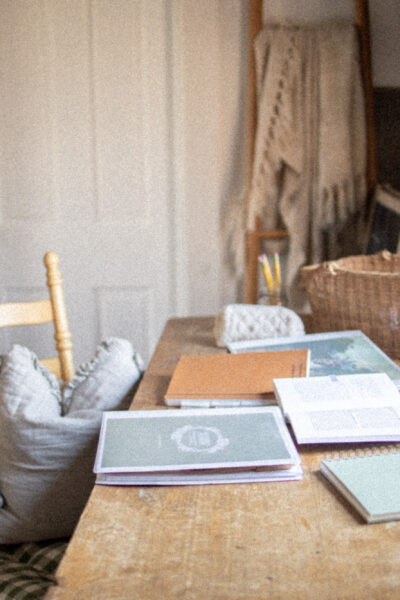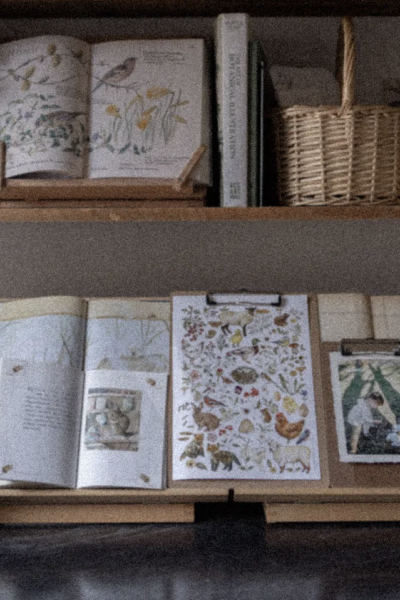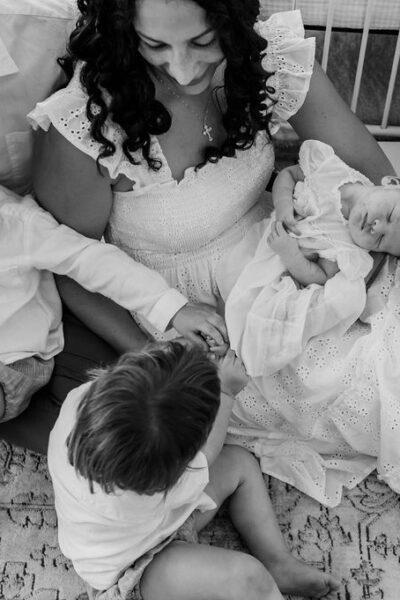When I was still shooting lifestyle images I had a business motto: creating beauty out of today’s ordinary. My work life has been on sabbatical for a little over a year, and I’m still creating photos, blogs, and videos but in and of my home instead of client work. It occurred to me recently that I should have a motto for the content I am sharing, just like I used to. I’ve landed on one: redemptive homemaking.
Homemaking, or stay-at-home-motherhood which is what I knew it to be called, was always my heart’s desire. I wasn’t raised in a rural area, with homemaking role models, or even taught some of the skills I am learning now as an adult. My mother has always been an incredible baker, sewer, seamstress, really, with an amazing amount of talent. The over arching goal of the culture I came up in, though, was about as far away from elevating homemakers as possible. The word conjured up images of something I didn’t want to claim or return to– frankly it sounded dusty and sad, as outdated as car ashtrays or shag carpet.
One thing I love to do is take something that the world has said isn’t for me and make it mine. I wonder how many other women are stuck inside of boxes afraid to step into the full identity they want to claim because they think it’s not for them. Homemaking, thankfully, is getting a glow up and having a moment right now.
Allow me to be perfectly clear: I believe homemaking is for every woman. It is for a single woman, it is for a grandmother, as much as it is for a mother of young children. It has no color, income, or home size. It isn’t really bound by if you work outside the home or primarily in it. Homemaking can be done in just about every environment from a studio, urban apartment to a large farm. I believe homemaking, is inside every woman, and redemptive homemaking is a way of claiming what has been lost and making it known again. When there is a negative reaction to the homemaking movement of today I truly believe underneath it is a desire that has been abandoned or taken.
As a young woman coming of age in the 90s and 00s there wasn’t social media, the closest I got to learning about homemaking came from my female relatives, cook books, and Martha Stewart and Victoria magazine (which I devoured). I would have been so happy to be younger now in a world where there is more available because of the web. People cannot claim or be what they don’t see, so I think it’s critical for those who are passionate about the domestic arts to share those if they can with the world. There is sometimes an attitude that homemaking is either erratic and super stressful (hot mess mom) or indulgent and lazy (housewives eating bon bons). Rarely do I think it is accurately portrayed except by the first person accounts on social media that are largely ignored or trivialized by larger media and culture. The truth is that homemaking is both overwhelm and moments of calm.
When I do homemaking tasks I feel a direct connection to my ancestors. During one of my Black history classes in college I read a text about the women laundresses in small southern towns who kept entire communities in clean clothes by way of lye soap and hot cauldrons. It is the kind of work that seems unimportant, but you cannot have a properly functioning society without clean clothing. Wearing a clean pair of socks or shirt gives you dignity. Homemaking must be seen this way if we expect any of these skills to survive. This is why I choose to elevate the work of it. Yes, there is privilege in the work of homemaking, not because of who does it and what they may have or not have, but because the work in and of itself is inherently so.
Many of my complaints of today’s feminist movement are rooted in the applause of teaching women that skills within the home are trifling wastes of time. With bare food shelves now because of inflation and in 2020 because of the pandemic we’ve seen how wrong this mentality of learned helplessness can be. It’s not cute to not know how to prepare food. So many women myself included are trying to learn and reclaim knowledge that has been lost in the name of “progress,” and are trying to teach our children, too.
Those were quite a few words, likely more than necessary, so I’m going to sum it up: homemaking is important because everyone needs to eat. Homemaking feels redemptive today because many of these important skills have been lost previously. Personally, it’s redemptive for me as a descendant of slaves. It is an everyday honor to raise my children and keep a home when many in my line weren’t afforded that same luxury. This is how I hashtag resist.



